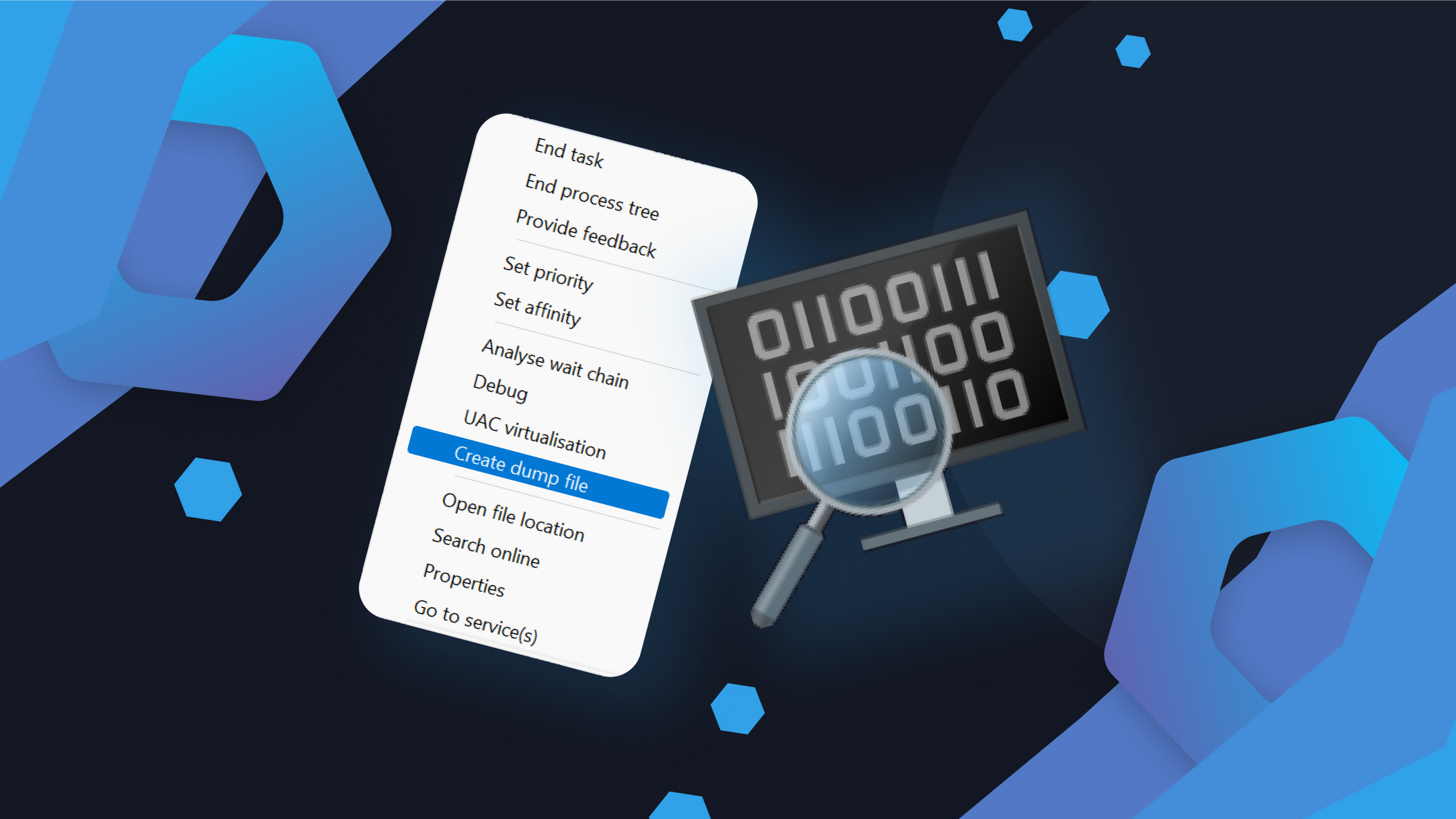Dumping packed executables using minidumps

I’m using this method regularly for about a year now and found it to be very reliable against most common packers that unpack the binary to memory while being very convenient at the same time. Minidumps can be created programmatically using MS’ DbgHelp API or simply using a right-click on a process in the task-manager. In case a packer would ever decide to detect the minidump creation using, for example, a ring3 rootkit, you could still run the target executable in a VM and cause a bluescreen to obtain a crash-dump (a few additional steps would be required here). The obtained minidump can then be processed for further analysis using WinDBG.
Dumping
- Create minidump using task-manager (Details -> Rightclick on target process -> Create Dump File)
- Load dump into kd/WinDBG (in case you do not have it at hand already, obtain it here)
lmm <module name>.writemem C:\my\cool\bin\path.dll <start-address> L?(<end-address> - <start-address>)
After successfully extracting the desired modules from the dump, you will have to open them in a PE-editor of your choice and set all SizeOfRawData entries in the section table to match the value of the corresponding VirtualSize field. This is required because many packers tend to set incorrect values for SizeOfRawData as it is rarely accessed after the loader is done with it’s work, however when remapping or loading it into software like IDA, incorrect values result in truncated/messed up sections if not fixed.
Fixing up the Executable
To perform some automation for more convenience, I wrote the following PyKD-script that extracts arbitrary modules from a dump:
py
Usage:
ps
This script also performs some other actions like dropping trash-sections generated by vicious packers and some other things to make loading dumps into IDA easier. However, most packers also wreck the IAT, so I wrote another script that runs in WinDBG and creates an IDC script to be launched in IDA, renaming the IAT entries to the correct corresponding API. You will have to locate the IAT’s boundaries manually using IDA.
py
Example usage:
ps
After that, simply batch the generated IDC script into IDA using “File -> Script File” from the menu bar. The script also performs a limited amount of code-flow tracing that defeats Themida’s API-redirects if they are not completely inlined in the redirect stub (what is this Themida feature called again?). However, this only works because Themida currently only generates unconditional branches in these stubs. It’s also possible to completely defeat the API redirects, however this is more complex and beyond the scope of this article.
Update 16.Dec.2014
Fixed dumps_mods.py to also work with WinDBG x86.
Update 12.Jan.2015
Updated dump_mods.py to be more generic.